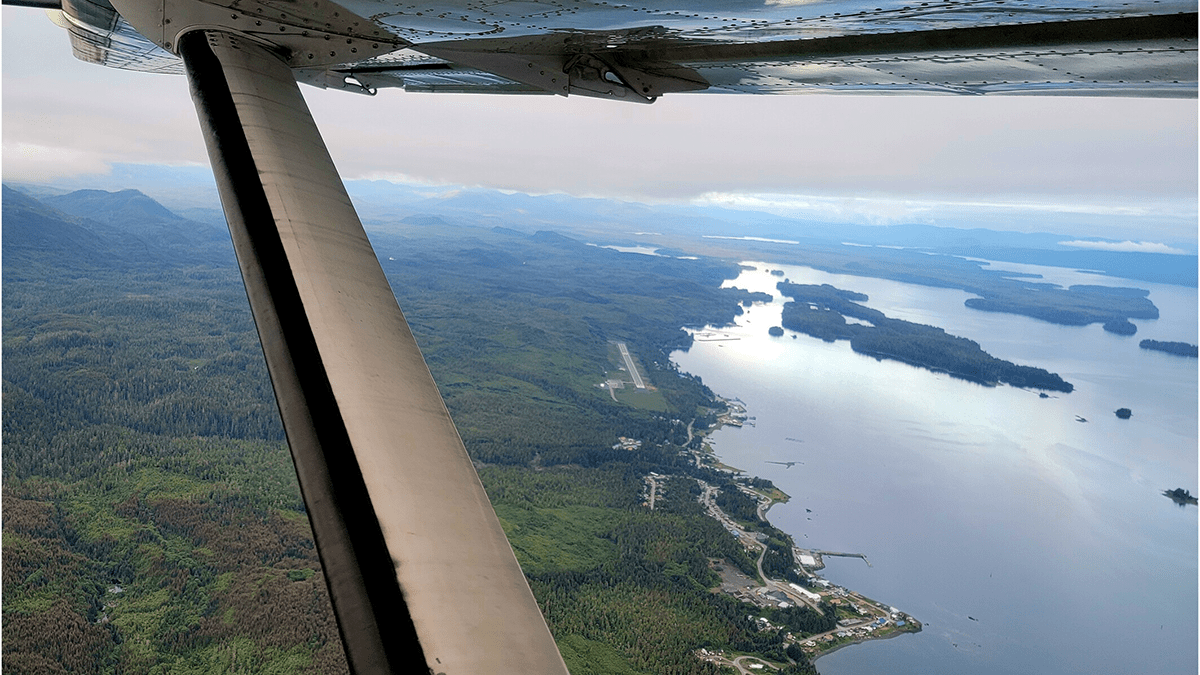Breaking Barriers: Indigenous Wisdom Transforms Community Research

Bridging Science and Community: Lessons from Alaskan Collaborative Research
A groundbreaking pair of studies emerging from collaborative work in Kake, Alaska, is reshaping our understanding of community-driven scientific research, with particularly profound implications for Indigenous communities. These studies illuminate the power of co-production—a research approach that deeply integrates local knowledge, community perspectives, and scientific inquiry.
By centering the experiences and insights of the Kake community, researchers have demonstrated a transformative model of scientific collaboration that goes beyond traditional research methodologies. The work highlights how meaningful engagement and mutual respect can create more nuanced, contextually rich scientific understanding.
The studies not only provide valuable insights into climate-related research but also serve as a blueprint for more inclusive, participatory scientific practices. They underscore the importance of listening to and learning from local communities, especially those most directly impacted by environmental changes.
This approach represents more than just a methodological innovation—it's a fundamental reimagining of how scientific knowledge is generated, validated, and applied. By breaking down traditional barriers between researchers and community members, these studies offer a compelling vision of collaborative science that is more equitable, comprehensive, and ultimately more effective.
